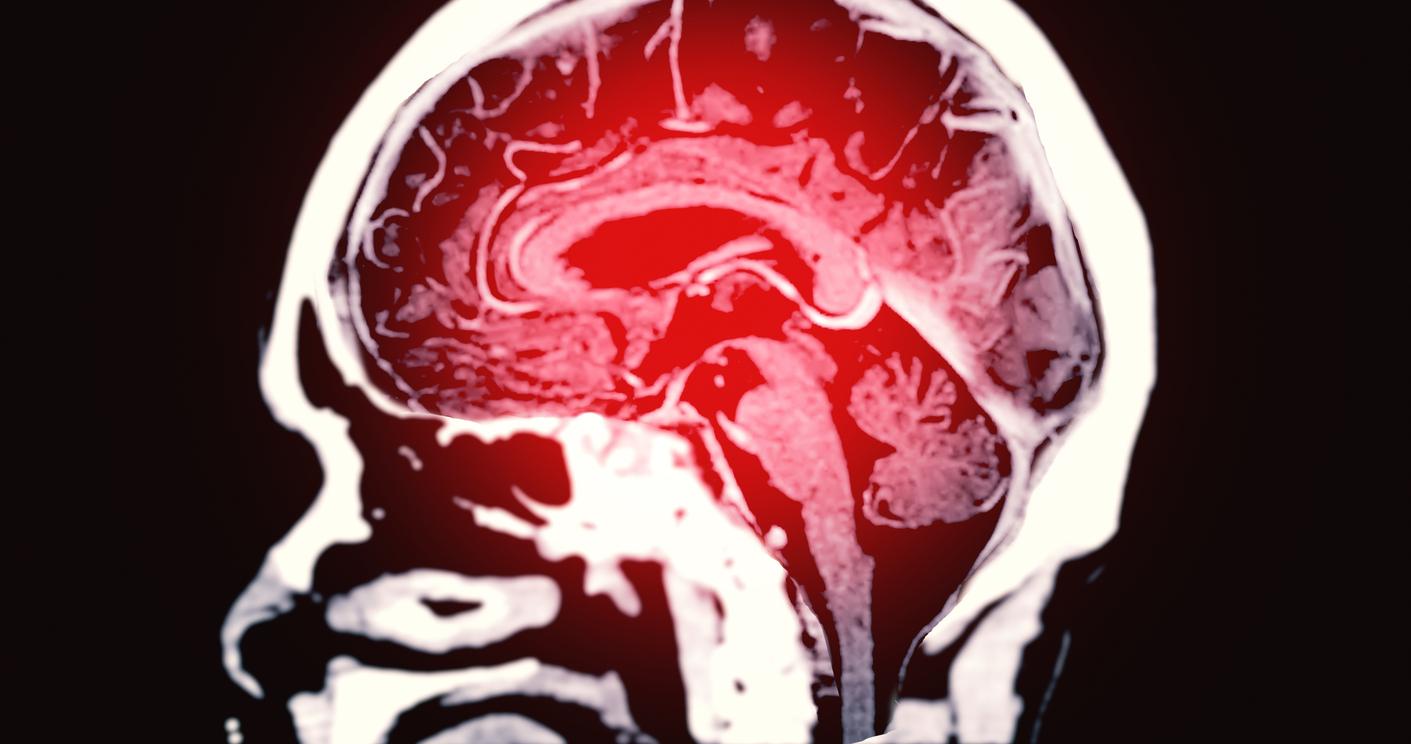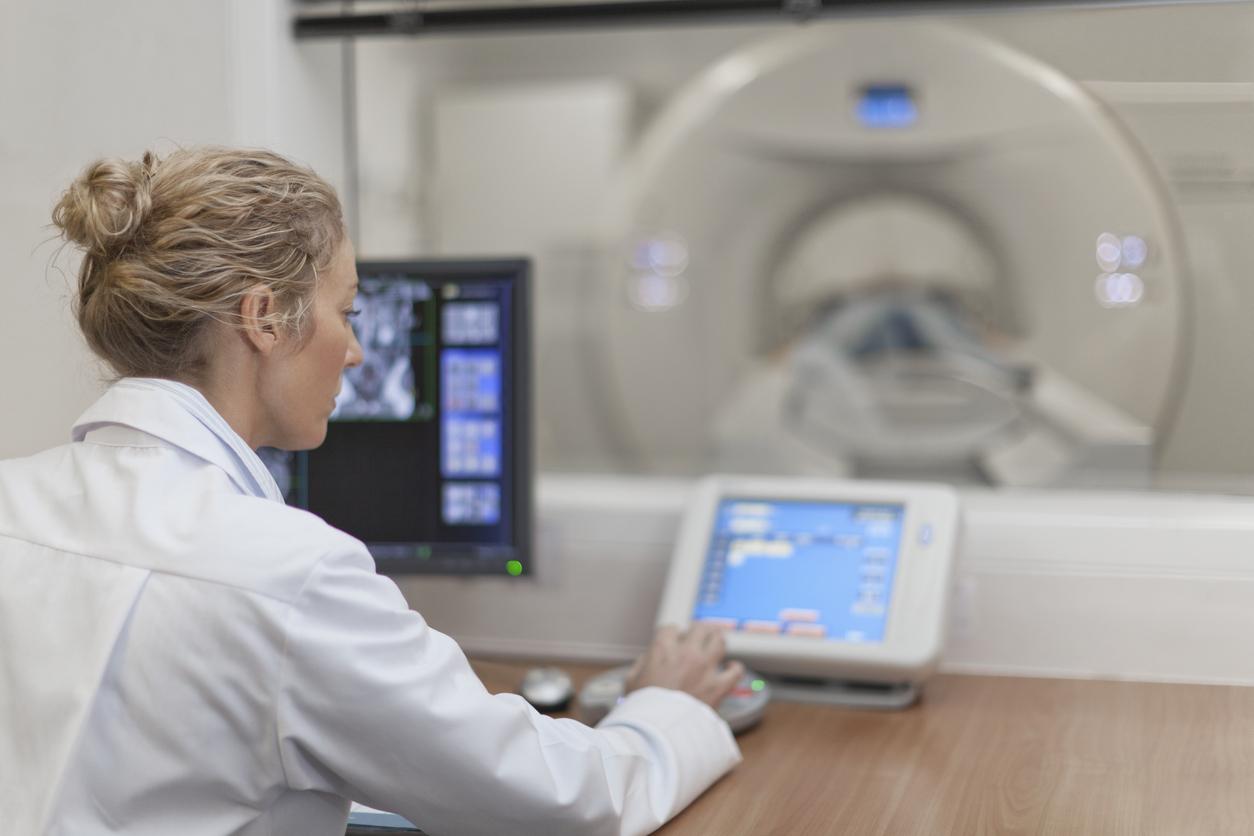Atrial fibrillation is a disease that can be silent. the patient does not feel any symptoms while the risk of serious complications such as stroke exists. To unmask atrial fibrillation, the electrocardiogram is a very safe tool. And for patients who suffer from its intermittent form, devices exist that allow daily heart rate readings.

The whole issue of atrial fibrillation, a heart rhythm disorder that can generate the formation of blood clots in the atrium which leads to significant risks of embolism and strokes, is the difficulty in detecting it while it is sometimes asymptomatic, ie the patients feel absolutely no signs of dysfunction of their heart. However, as soon as the simple measurement of the heartbeat by taking the pulse indicates an anomaly, an electrocardiogram makes it possible to establish a diagnosis easily and quickly.
“It is still necessary that this electrocardiogram be carried out at the time when one has an episode of atrial fibrillation because it may not be permanent but intermittent”, explains Dr. Carole Maupain of Pitié-Salpêtrière in Paris.
Have recordings of electrocardiograms over several days
This is why there are tools that have been developed to very regularly screen for atrial fibrillation. The objective is to have recordings of electrocardiograms over one or more days. “We can go up to 21 days, even a month”, specifies Dr. Maupain. To identify these elements, and for patients in whom atrial fibrillation is suspected, it is possible to offer them to wear a small holster which records their heart rate permanently, which makes it possible to identify atrial fibrillation when it is intermittent.
There are also connected devices, such as connected watches or linked to smartphone applications, which make it possible to perform an electrocardiogram over a long period of time. As these devices are worn permanently, the data are retrieved daily and it is even possible to read them only when palpitations appear. “Fibrillation appears as a simple line on the electrocardiogram but this is enough to detect the disease”, adds Dr. Carole Maupain.

.

















